
Dashlane teams with Intel to improve password protection
Security breaches have been one of the major themes of 2016, so going into the new year it’s no surprise that companies are keen to try to make things more secure.
Password manager Dashlane is announcing enhancements to its software to make use of Intel Software Guard Extensions, a powerful security technology built into the latest Intel Core processors.
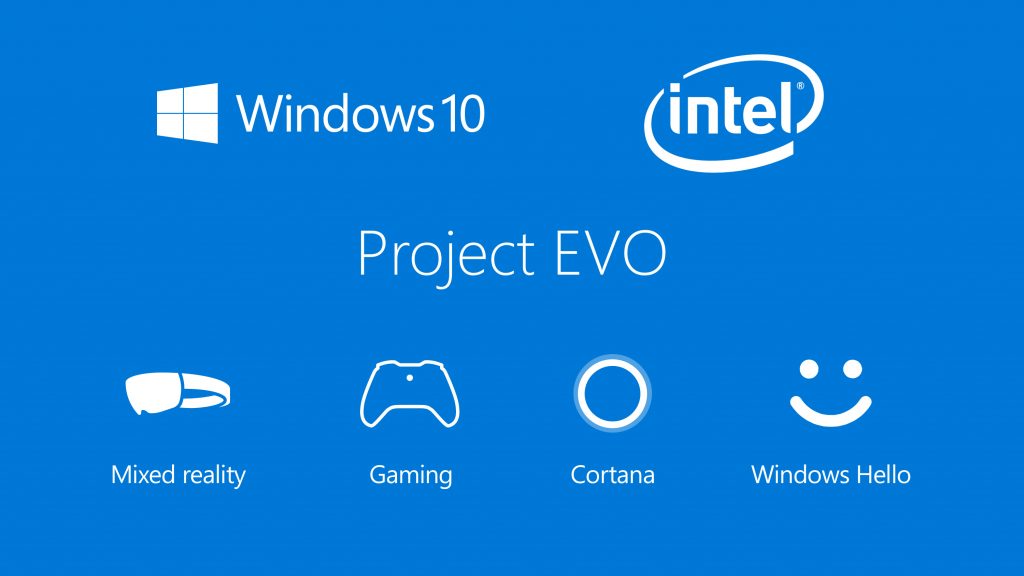
Microsoft and Intel’s Project Evo will 'raise the bar for what’s possible with Windows PCs'
At the Windows Hardware Engineering Community event (WinHEC) in Shenzhen, China, Microsoft made several announcements, including news that it is working with Intel on a new venture, called "Project Evo".
The aim of this, according to Microsoft, is to "deliver all-new ways for devices to light up with the latest in advanced security, artificial intelligence and Cortana, mixed reality, and gaming".
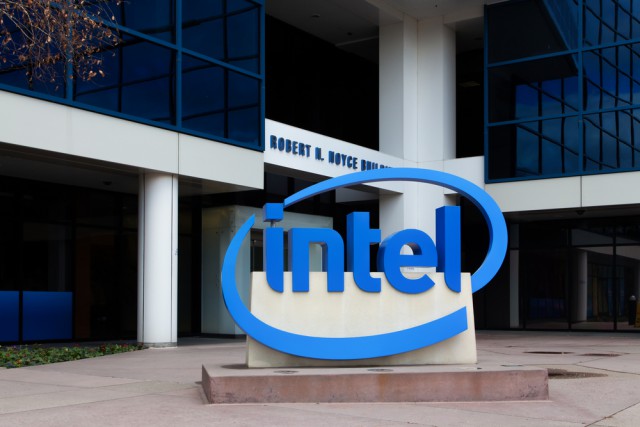
Intel creates Automated Driving Group
After announcing that it would supply Mobileye and Delphi with chips to power their autonomous driving systems, Intel has announced that it has created a new group that will focus solely on designing self-driving solutions.
Intel's Automated Driving Group (ADG) will be led by Doug Davis who will move from its Internet of things (IoT) group to act as senior vice president and strategic lead. Kathy Winter from Delphi will work under Davis, handling day-to-day operations and will act as the VP and GM of the new group.
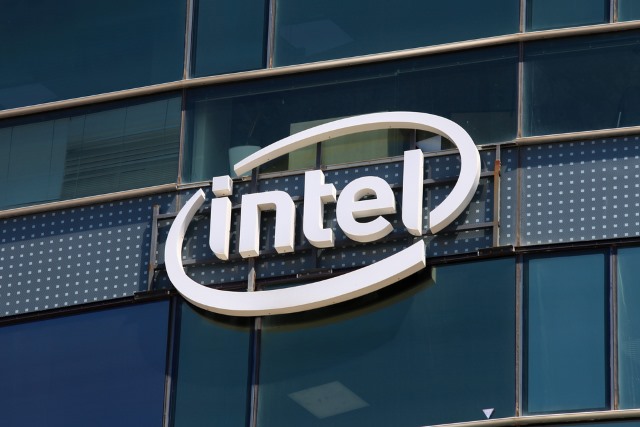
Intel will complete in the AI space with its Nervana platform
Intel has announced its plans to develop artificial intelligence (AI) and the chipmaker has claimed that within the next three years it will reduce the time needed to train a deep learning model by up to 100 times.
The company's AI development will be centered around its own Intel Nervana platform that is the result of its recent acquisition of Nervana Systems. Intel purchased the deep learning startup earlier this year for over $400 million and its technology will play a key role in its efforts to pursue AI.

Say, what's going on at Intel Capital Global Summit 2016?
San Diego, Calif. As a general rule I never connect to public WiFi networks, which is fine except when attending an event at a hotel ballroom where T-Mobile cellular is like an apparition dancing around a Halloween grave. So as Wendell Brooks, CEO of Intel Capital, begins his speech, I sit typing narrative offline rather than tweeting live. There’s irony, I suppose, reporting old style, about investments in new innovations.
Welcome to the trials and travails of the Intel Capital Global Summit, which kicks off today and goes through October 26. Looking at the lineup, I expect to hear about newfangled tech that would make news reporting so much easier if available—although 4G cellular data would be good enough for today.
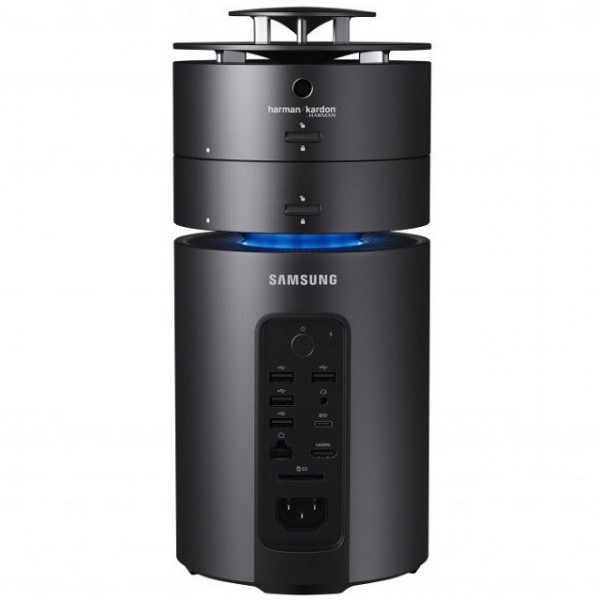
Samsung 'ArtPC Pulse' is a cylindrical Windows 10 desktop with AMD RX460 GPU
When Apple released its cylindrical Mac Pro, I was in awe. Not only was it beautiful, but it wasn't form over function. Actually, a cylinder is a wise design choice, as it can aid in cooling when done correctly. Surprisingly, Windows PC manufacturers took a while to start really embracing the design.
Recently, for instance, HP announced the Wave -- a tube-like PC with integrated 360 degree Bang and Olufsen speaker. Now, Samsung is following HP with the ArtPC Pulse. It too features a 360 degree speaker in its design, but by the arguably superior Harman/Kardon. Where Samsung's offering greatly differs, however, is gaming. It has a respectable AMD RX460 GPU. As you can imagine, the drop-dead gorgeous ArtPC Pulse will not come cheap.
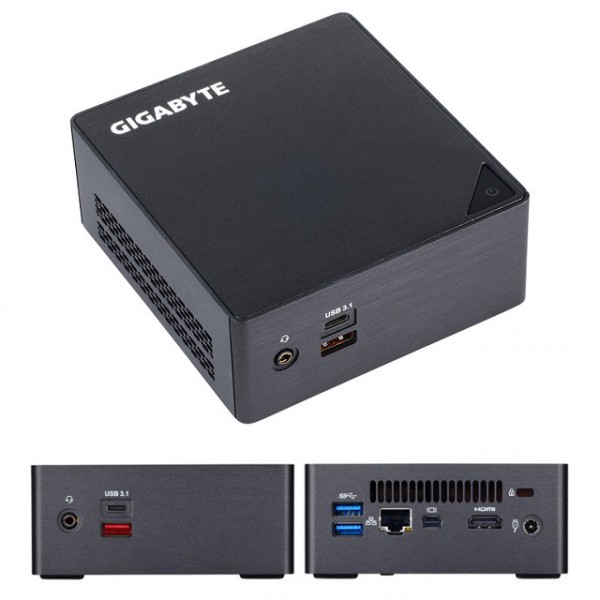
GIGABYTE refreshes BRIX compact barebone PCs with 7th Gen Intel Kaby Lake processors
Size matters. Well, when it comes to computers, at least. Look, long gone are the days of having dedicated computer rooms where a family shares a single monstrous tower. With so many adults moving back home with their parents, houses and apartments are much more cramped, meaning fewer vacant rooms. True, a laptop can alleviate this, but so can a diminutive desktop. By taking up less space (some can even be VESA mounted to the rear of a monitor), a compact PC can allow a desk or table to serve other purposes than simply being home to a tower.
There are many choices in the compact PC market nowadays, such as the brilliant System76 Meerkat, or the new HP mini computers -- Wave and Slice. If you want a barebones system, however, GIGABYTE's BRIX line is a legit alternative to Intel's own NUC. Today, BRIX gets a refresh with all-new 7th Gen Intel 'Kaby Lake' Processors.

Intel Security launches new McAfee lineup harnessing the power of the cloud
As we use more devices to access the internet protecting all of them from the latest threats becomes something of a chore.
Intel Security is addressing this with the launch of a new 2017 range of McAfee security products at the heart of which is a next-generation anti-malware engine that offers more efficient and effective threat detection by offloading analysis to the cloud.

Students need better data security education
As students head back to university, a survey by Intel Security reveals that, in the UK at least, half of them are failing to protect their phones, tablets and laptops from online threats.
The survey of more than 1,000 UK-based students carried out in conjunction with The National Student finds that despite a quarter of teenagers reporting that they are 'almost constantly' online, only 50 percent of students ensure they have the necessary security software installed to keep their devices and data safe.
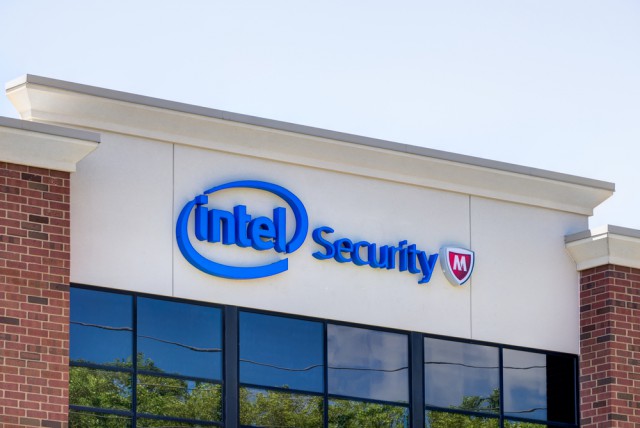
Intel Security will revert to the McAfee name
Intel has made the decision to sell off a majority stake in its security software arm, which was previously known as McAfee, to the private equity firm TPG.
In 2010, the chip maker acquired the security software company for $7.6 billion and then four years later it decided to do away with the McAfee name entirely in favor of Intel Security. TPG, which will own 51 percent of the company after the sale, will be reverting the company name back to McAfee, likely due to the security software being a household name and having a large user base.
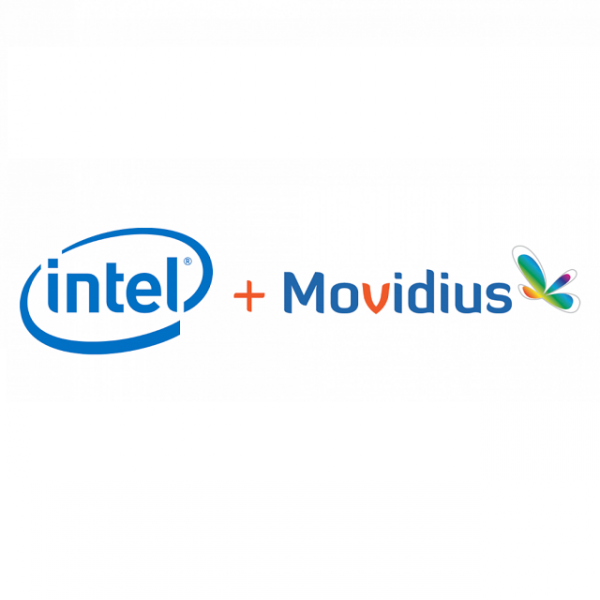
Intel buying Movidius to bolster RealSense and other computer vision technologies
Computer vision -- meaning quite literally, machines seeing things -- is poised to explode over the next several years. This technology is very important to things such as security cameras, artificial intelligence and robotics. On an immediate consumer level, Intel's RealSense technology is already being used for Windows Hello -- a secure camera-based method of logging into Microsoft's operating system with biometrics.
Intel is looking to further bolster its RealSense technology, plus other such initiatives, with the acquisition of Movidius. This soon-to-be-acquired company's main focus is computer vision and artificial intelligence, making it a seemingly smart fit for achieving Intel's goals.
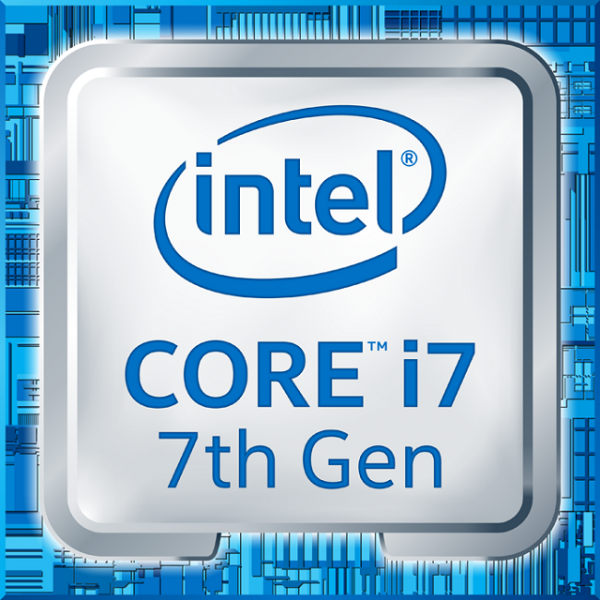
Intel ditches 'tick-tock' with '14nm+' 7th generation 'Kaby Lake' Core processors
Intel is the undisputed king of desktop processors. Mobile is another story, but I digress. The company has chips available at various price points, meaning whether you are buying a budget notebook, or building a super-expensive gaming powerhouse, the company has something that will meet a consumer's needs. Yes, AMD makes great processors too (especially for those on a budget), but until its 'Zen' CPUs hit the market, Intel reigns supreme overall.
Today, Intel announces the upcoming 7th generation of its famed 'Core' processors. Code-named 'Kaby Lake', these chips will be found in many future consumer PCs. Are they worthy of excitement?
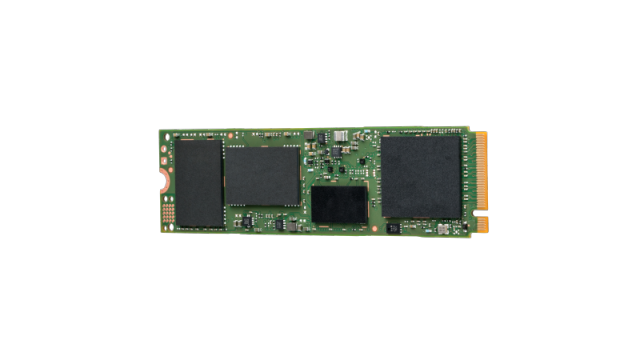
Intel unveils 3D NAND SSDs for data centers, IoT devices and PCs
Intel has just announced a series of new 3D NAND SSDs, aimed at PCs, data centers and Internet of Things devices. The company says the new array offers a "cost effective replacement for traditional Hard Disk Drives".
From the consumer side, there are two new devices: Intel SSD 600p Series, and Intel SSD Pro 600p Series. It uses PCIe Gen3x4, NVMe interface, resulting in a 17 times faster performance over HDD, and three times faster performance over SATA SDDs.

Nvidia slams Intel for fudging CPU vs GPU benchmark results
Intel’s recent claims that CPUs are better than GPUs when it comes to deep learning on neural networks has sparked a rebuttal from Nvidia. In case you don’t know what this is all about, here’s a short recap:
Machine learning is currently a really big deal. It’s a huge market with untapped potential in many industry verticals, which is why a lot of different companies are trying to get in on the action. It is widely taken as a fact that GPUs are a better solution than CPUs when it comes to deep learning, because neural networks require low precision computation, and not high-precision, which is what CPUs are usually made for.
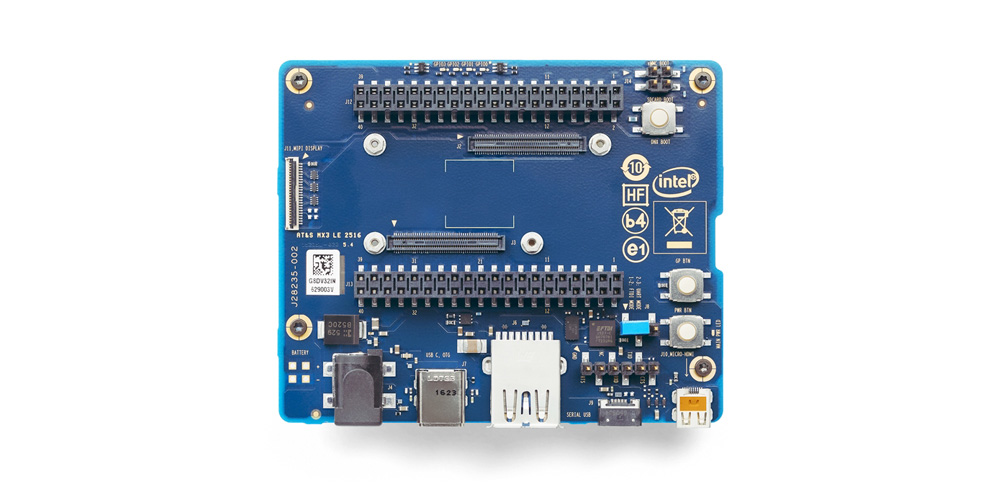
Intel Joule SOM runs Ubuntu Core Linux and makes Raspberry Pi look like garbage
The original Raspberry Pi sparked the creativity of many developers and students, but it was woefully underpowered. Through several iterations, however, it slowly became more powerful. While the most recent version -- the Raspberry Pi 3 -- has a much more capable processor, some developers will still want even more horsepower.
Today, Intel announces a maker board that puts the Raspberry Pi 3 to shame. The Joule system-on-module mini-computer features RealSense camera support and runs Ubuntu Linux Core. Best of all, its specs are very impressive for what it is.
